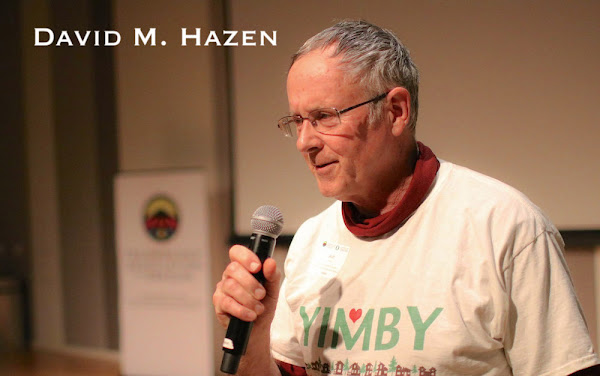A City of Peace is a constructive program in nonviolent defiance of
a culture that is sick with despair, control, domination and violence.
There are thousands of people in businesses, non-profits, government and the faith community who carry the culture of peace in their hearts and yet remain isolated from each other.
This is about focusing on strengths and positive assets, helping them to become stronger together. This is about maintaining a vision and hope of what is possible, not about taking positions, making declarations, becoming institutionalized or issue-focused. This is a movement of people who want to connect because it’s more fun, more exciting, and more enlivening than being isolated.
The design is ready, let’s build it! There are over 450 International Cities of Peace
- What would a City of Peace look like to you?
- Is it possible to bring the violence in your city to zero?
- How can we empower a community that supports nonviolent conflict resolution?
- Why would your city businesses support a City of Peace?
- What would the Police Department be doing in a City of Peace?
- Would hospitals lose money in a City of Peace?
- What is not being done in your city to reduce violence?
- If our success was completely guaranteed, what bold steps might we choose?
- What would make violence prevention fun?
- Who needs to be included in a violence prevention effort?
- What would it take for everyone in your city to feel that they can get their needs met, they won't be abandoned, their future is predictable?
David Hazen, an 81-years-young decorated veteran peace activist, is offering two events this year during the Campaign Nonviolence days of action:
(1) 12 noon - 4:00 PM PDT, Sept. 21, 2025
In-person table conversation at the 2025 Nobel Peace Park Community Festival in Eugene, Oregon - just inside the entrance of Alton Baker Park
(2) 9:00 - 9:40 AM PDT, Sept. 22 - 24, 2025
Online discussion comparing successes and failures when leveraging a local constructive program into a movement of peacebuilding collaborations. Drop in for any one or all days. To register, contact David via form in sidebar >>> for zoom link and more information.



No comments:
Post a Comment